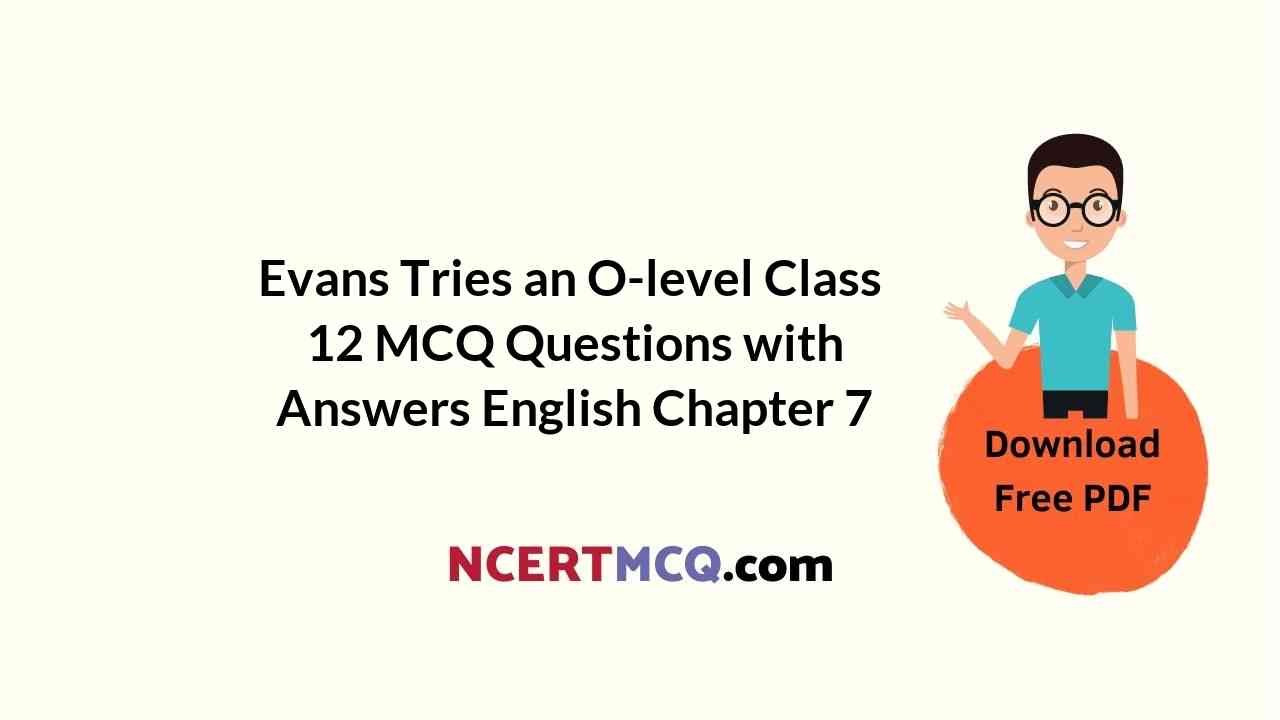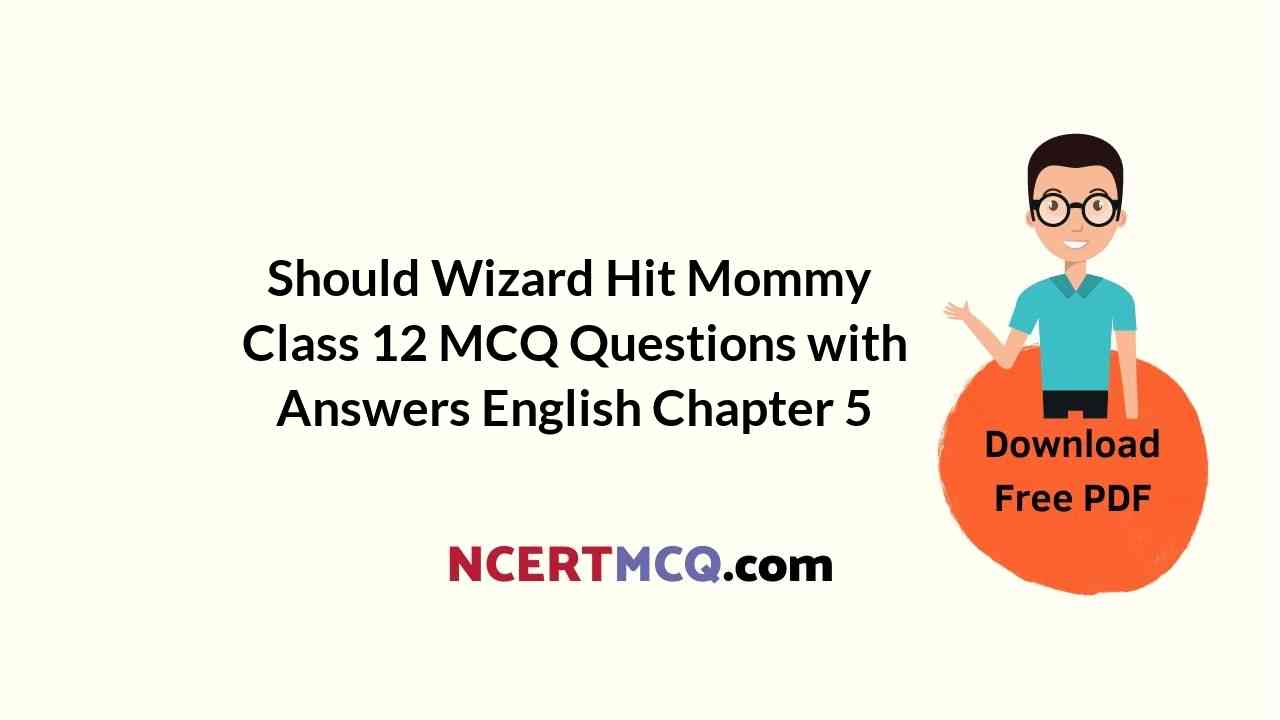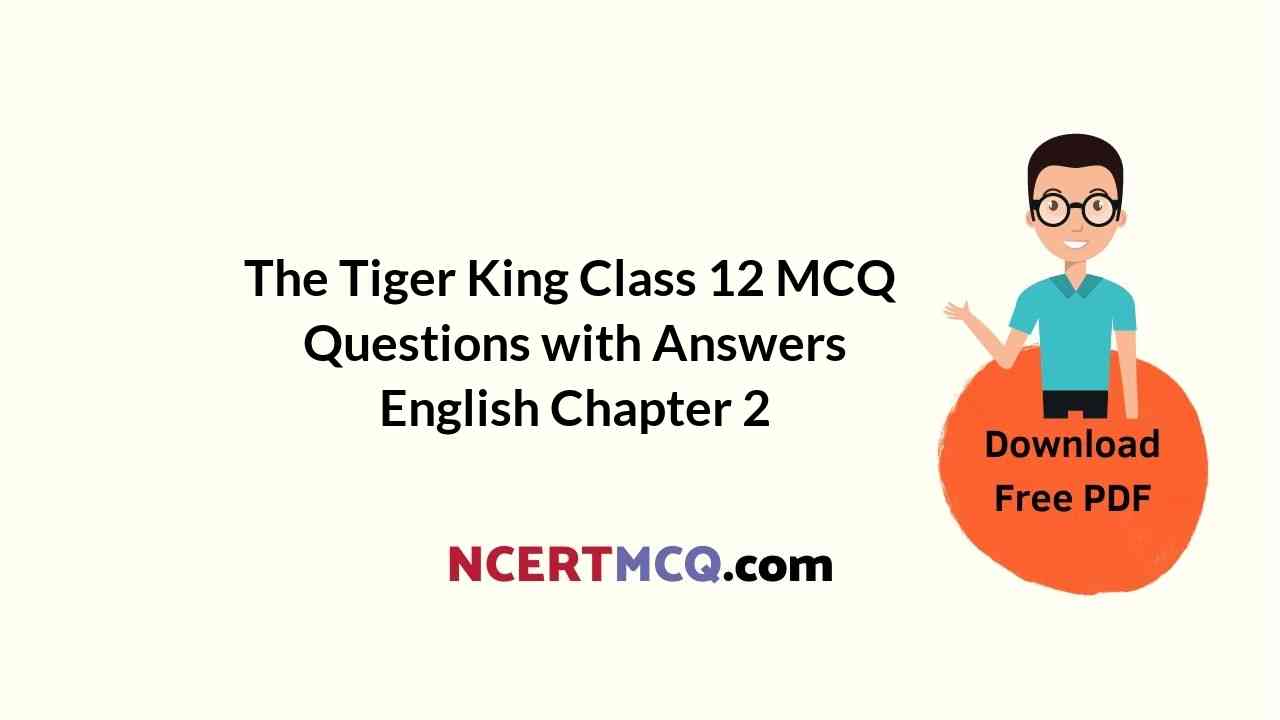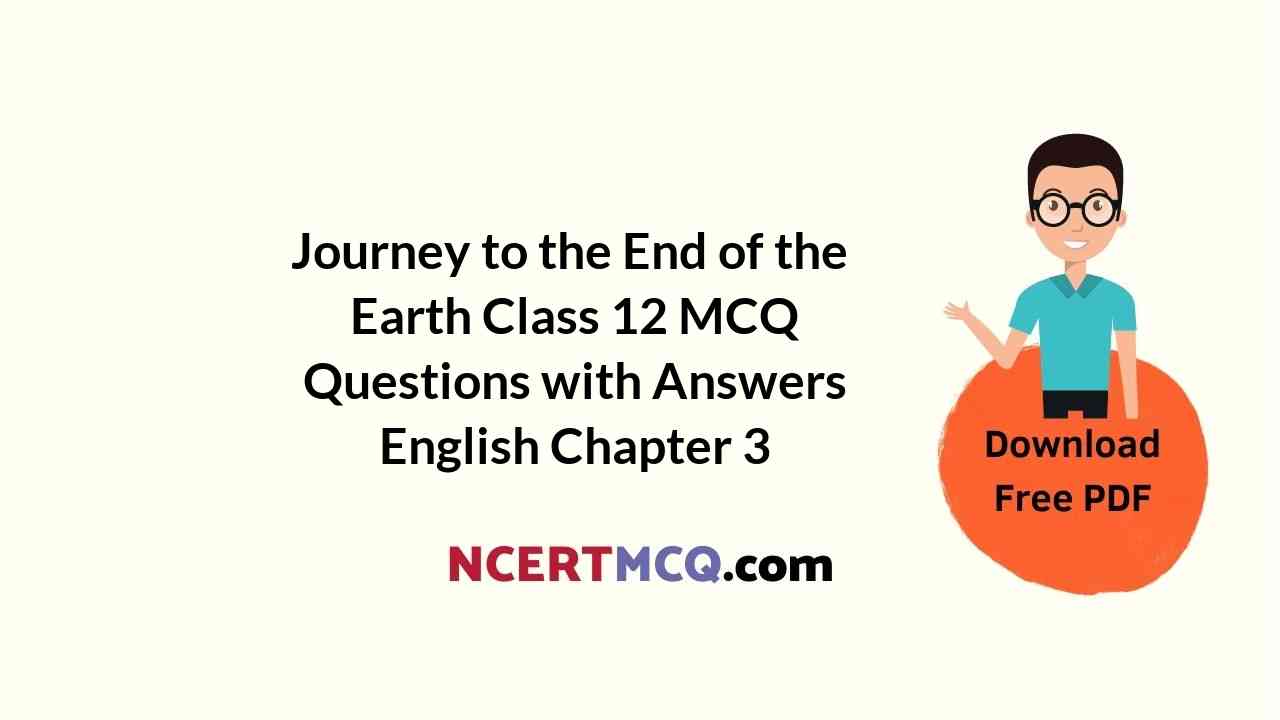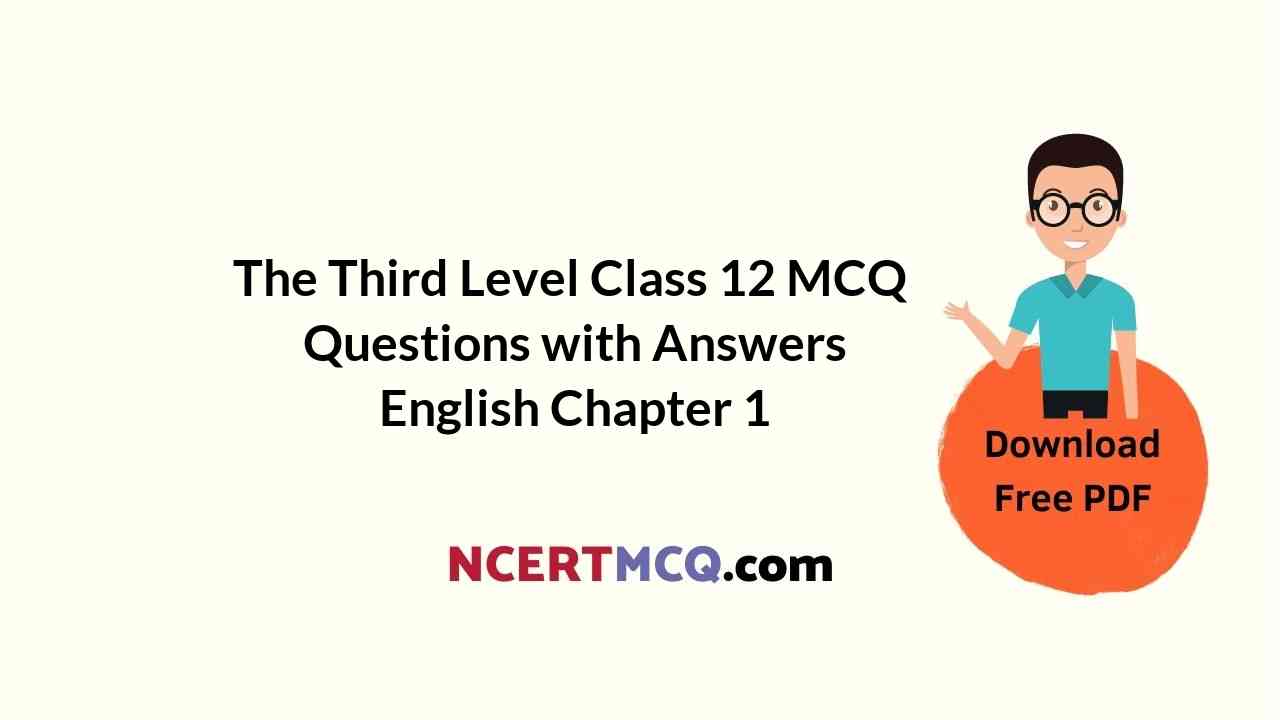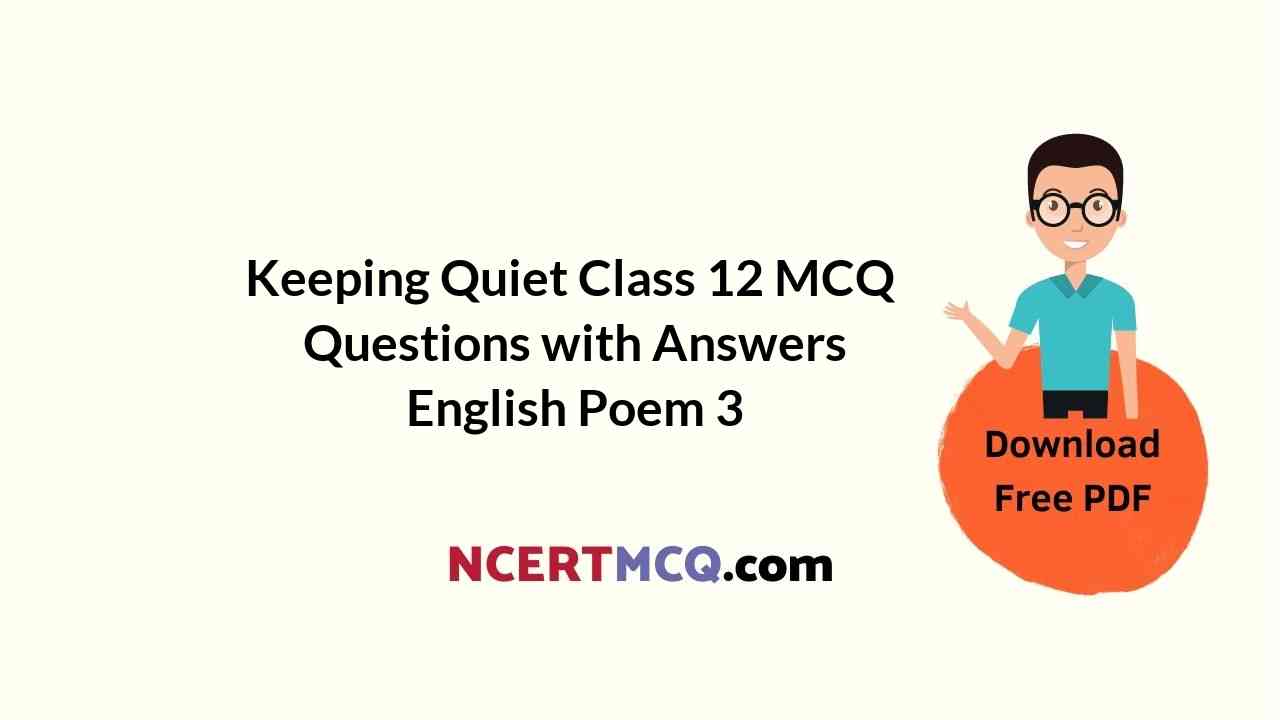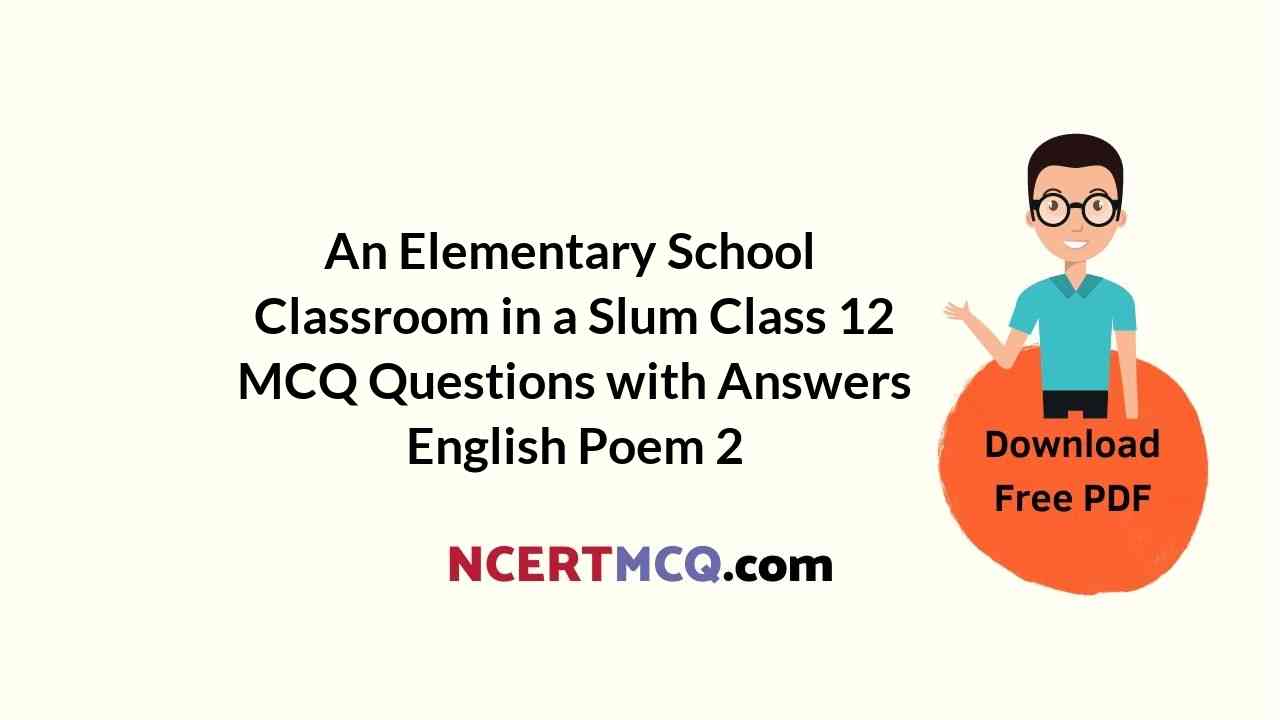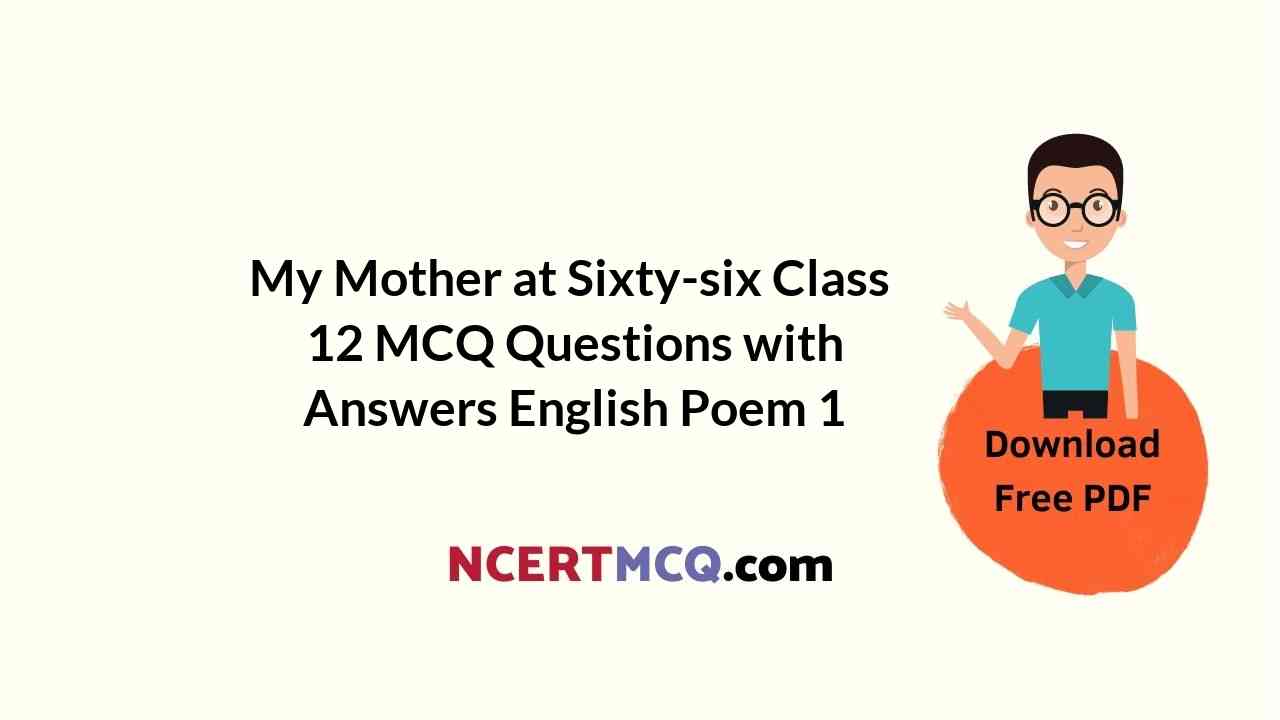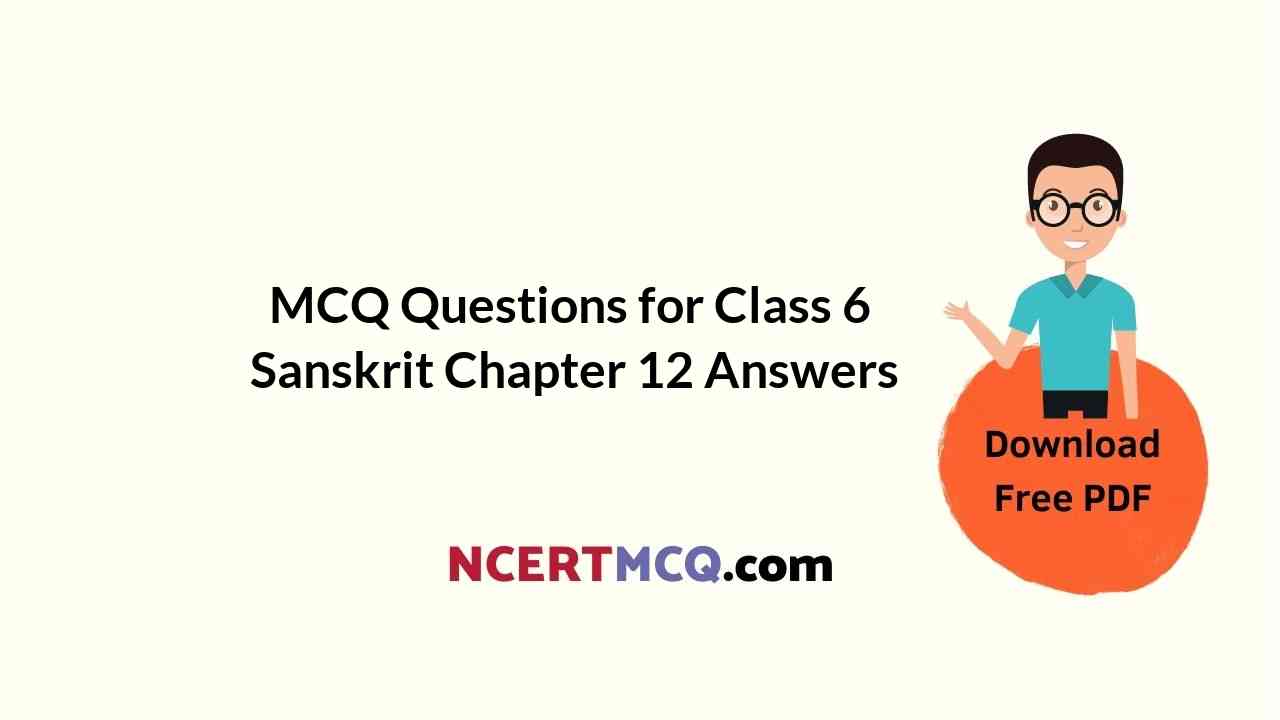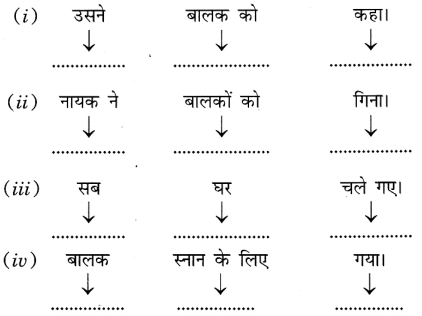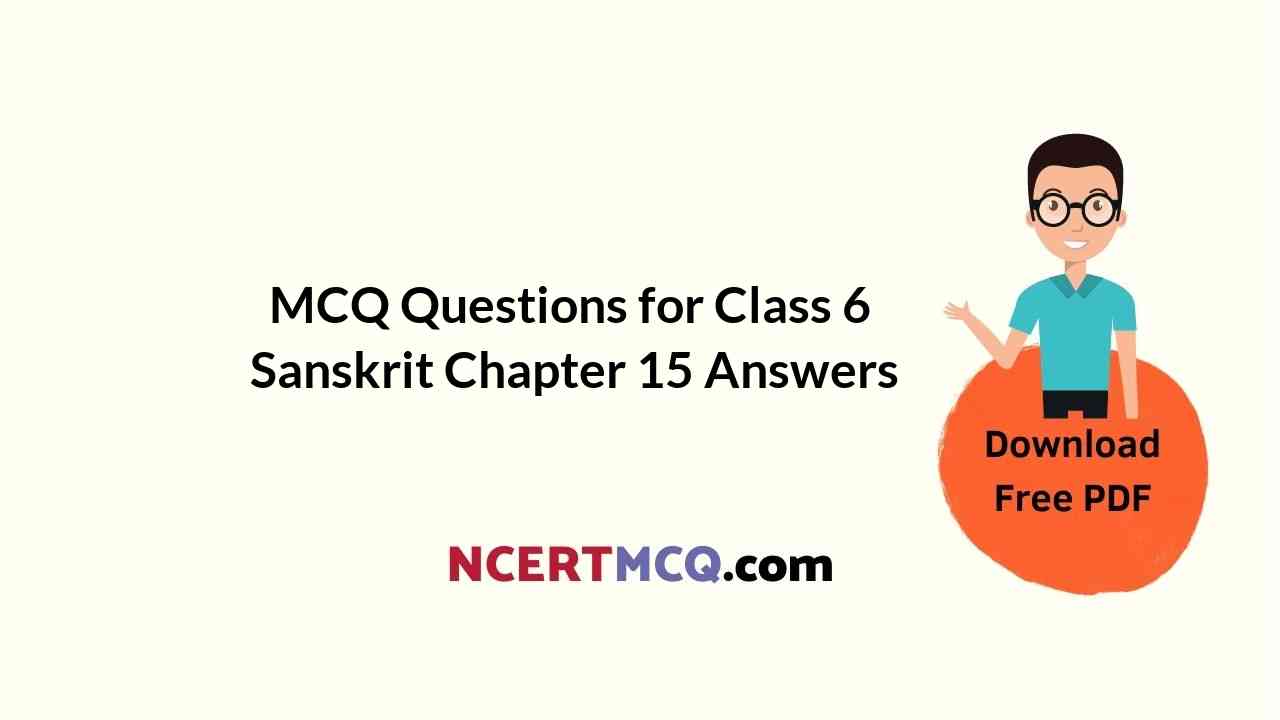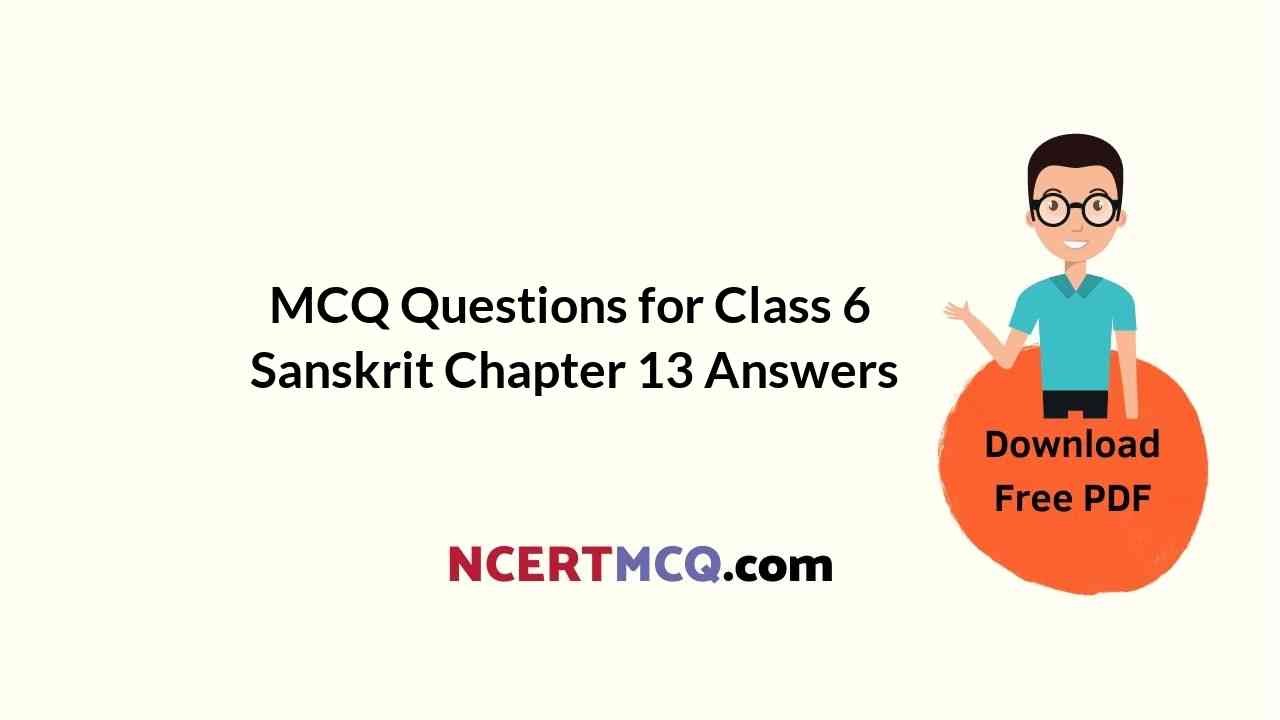Check the below NCERT MCQ Questions for Class 12 English Vistas Chapter 7 Evans Tries an O-level with Answers Pdf free download. MCQ Questions for Class 12 English with Answers were prepared based on the latest exam pattern. We have provided Evans Tries an O-level Class 12 English MCQs Questions with Answers to help students understand the concept very well.
MCQ Questions for Class 12 English Vistas Chapter 7 Evans Tries an O-level with Answers
Evans Tries An O Level MCQ Chapter 7 Class 12 Question 1.
The police laid their hands on Evans in a hotel named ___
(a) the Lion’s Den
(b) Lion’s Cage
(c) the Golden Lion
(d) the Golden Web
Answer
Answer: (c) the Golden Lion
MCQ Of Evans Tries An O Level Chapter 7 Class 12 Question 2.
Carter tells Governor that he had left Evans at __
(a) Radcliff Hospital
(b) Broad Street
(c) St. Mary’s Mag
(d) Elsfield Way
Answer
Answer: (a) Radcliff Hospital
Evan Tries O Level MCQ Chapter 7 Class 12 Question 3.
McLeery directed the superintendent to lead him towards ___
(a) Radcliff Hospital
(b) Elsfield Way
(c) Broad Street
(d) Oxford Lane
Answer
Answer: (b) Elsfield Way
Evans Tries An O-Level MCQ Chapter 7 Class 12 Question 4.
The wounded man in the cell was ___
(a) McLeery
(b) Jackson
(c) Stephens
(d) Evans
Answer
Answer: (d) Evans
Evans Tries An O Level MCQ Class 12 Chapter 7 Question 5.
At 11:22 __ minutes before the examination was to be over Jackson called Stephens telling him that the Governor wanted to speak with him
(a) 2
(b) 3
(c) 4
(d) 5
Answer
Answer: (b) 3
MCQs Of Evans Tries An O Level Chapter 7 Class 12 Question 6.
Evans is told about the corrections on ___ by McLeery
(a) page three, line fifteen
(b) page three, line nine
(c) page two, line twelve
(d) page two, line fifteen
Answer
Answer: (a) page three, line fifteen
Evans Tries An O Level MCQs Chapter 7 Class 12 Question 7.
The examination started at ——-
(a) 9:15 am
(b) 9:25 am
(c) 9:35 am
(d) 9:45 am
Answer
Answer: (b) 9:25 am
MCQ Evans Tries An O Level Chapter 7 Class 12 Question 8.
The Index number was ___
(a) 303
(b) 313
(c) 323
(d) 333
Answer
Answer: (b) 313
MCQ On Evans Tries An O Level Chapter 7 Class 12 Question 9.
McLeery said he was suffering from ___
(a) diabetes
(b) cough
(c) piles
(d) cold
Answer
Answer: (c) piles
Evans Tries An O Level MCQ With Answers Chapter 7 Class 12 Question 10.
Governorswitched on the receiver at ___
(a) 9:00 am
(b) 9:10 am
(c) 9:20 am
(d) 9:30 am
Answer
Answer: (b) 9:10 am
MCQ Of Chapter Evans Tries An O Level Chapter 7 Class 12 Question 11.
The Governor had got Evans cell ___ because he did not want to take chances with Evans, the master planner.
(a) bugged
(b) guarded
(c) watched
(d) locked
Answer
Answer: (a) bugged
Evans Tries An O-Level MCQ Questions Chapter 7 Class 12 Question 12.
Jackson instructs Stephen to take away ___
(a) the bag
(b) the razor
(c) the scissors
(d) the knife
Answer
Answer: (b) the razor
Question 13.
The names of the officers who visited Evans before the examination were ___
(a) Jackson and Stephens
(b) Jackson and Bell
(c) Jackson and Carter
(d) Carter and Bell
Answer
Answer: (a) Jackson and Stephens
Question 14.
Evans’ tutor wished him good luck one day before the examination on ___
(a) February 10
(b) June 7
(c) July 11
(d) November 17
Answer
Answer: (b) June 7
Question 15.
Evans had escaped from jail
(a) 3 times
(b) 4 times
(c) 5 times
(d) 6 times
Answer
Answer: (a) 3 times
Question 16.
The Secretary agreed to make an arrangement of a person from ___ to act as an invigilator
(a) St. Agnes Mags
(b) St. Francis Mags
(c) St. Mary Mags
(d) St. Xavier Mags
Answer
Answer: (c) St. Mary Mags
Question 17.
Evan wanted to appear in O Level ___ Examination
(a) French
(b) Italian
(c) Spanish
(d) German
Answer
Answer: (d) German
Question 18.
The Governor of ___ contacted the Secretary of Examination on the telephone
(a) Newbury Prison
(b) Radcliff Prison
(c) Elsfield Prison
(d) Oxford Prison
Answer
Answer: (d) Oxford Prison
Question 19.
Evans is good at ___
(a) making calculations
(b) learning languages
(c) predicting the moves of his rivals
(d) German
Answer
Answer: (c) predicting the moves of his rivals
Question 20.
‘Evans Tries an O Level is a ___the criminal and the jail authorities
(a) the narration of
(b) satire of
(c) battle of wits between
(d) tragic conflict between
Answer
Answer: (c) battle of wits between
Question 21.
What made Evan have his last laugh?
(a) his friend a prison officer opened his handcuffs and helped him to escape
(b) Evan was locked up
(c) Evan was released
(d) None
Answer
Answer: (a) his friend a prison officer opened his handcuffs and helped him to escape
Question 22.
What precautions did the authorities take to conduct the examination smoothly?
(a) The Governor personally supervised security
(b) Evan’s cell was checked thoroughly
(c) All belongings were taken away from Evan, The invigilator was frisked and a police officer was posted to keep a vigil
(d) All these
Answer
Answer: (d) All these
Question 23.
How can we say that Evan could not get through the O Level German examination?
(a) he is unable to understand even simple expression like Gutten Gluck
(b) he didn’t study
(c) didn’t attend any class
(d) was behind the bars
Answer
Answer: (a) he is unable to understand even simple expression like Gutten Gluck
Question 24.
What information did the governor receive from the detective Superintendent?
(a) Mcleery had spotted Evan
(b) Evan was seen near Elsfield way
(c) chased Evan but lost him
(d) All these
Answer
Answer: (d) All these
Question 25.
What did the Governor want Carter to do?
(a) he wanted him to check Evan
(b) he wanted him to go with Evan
(c) he wanted him to accompany him
(d) he wanted him to accompany injured Mcleery
Answer
Answer: (d) he wanted him to accompany injured Mcleery
Question 26.
From whom did the governor receive the first call?
(a) Assistant Secretary
(b) Joint Secretary
(c) Assistant commissioner
(d) All
Answer
Answer: (a) Assistant Secretary
Question 27.
Why did Evans clip his hair short?
(a) to aid his escape plan and to pass off as Mc Leery later
(b) he was feeling hot
(c) to give modern look
(d) to give a young look
Answer
Answer: (a) to aid his escape plan and to pass off as Mc Leery later
Question 28.
What aided Evan’s arrest?
(a) his friends
(b) his gang
(c) secret agents
(d) The clues Evan left
Answer
Answer: (d) The clues Evan left
Question 29.
From where did they find the name of the hotel where Evan was staying?
(a) from the police
(b) from the people
(c) secret agent
(d) from the correction slip
Answer
Answer: (d) from the correction slip
Question 30.
How was the governor able to locate Evans?
(a) by putting together 6 figures
(b) by decoding
(c) with the help of Ordnance survey map of oxfordshire
(d) All these
Answer
Answer: (d) All these
Question 31.
Who was Mc Leery?
(a) Evan’s friend
(b) policeman
(c) inspector
(d) the invigilator who had been appointed by the Governor to invigilate
Answer
Answer: (d) the invigilator who had been appointed by the Governor to invigilate
Question 32.
Who arrived first on the scene after Stephen found Mcleery?
(a) Jackson
(b) Stephens
(c) Detective Superintendent Carter
(d) None
Answer
Answer: (c) Detective Superintendent Carter
Question 33.
How could Evans’ plan of escape become a success?
(a) because of his wits
(b) because he keeps his hat on his head
(c) because he was cunning
(d) all
Answer
Answer: (a) because of his wits
Question 34.
Why did Evans request not to take off his hat?
(a) he was feeling cold
(b) to give a smart look
(c) he loved to wear
(d) Evans considered it lucky for himself
Answer
Answer: (d) Evans considered it lucky for himself
Question 35.
Why was the Governor not ready to take risk?
(a) to bring a good name
(b) to stop Evan from taking exam
(c) to avoid any bad name
(d) none
Answer
Answer: (c) to avoid any bad name
Question 36.
When was for his Inspector Morse series of novels written?
(a) between 1975 -1999
(b) between 1975 -1998
(c) between 1975 -1997
(d) between 1975 -1994
Answer
Answer: (a) between 1975 -1999
Question 37.
How did Evan escape from the jail?
(a) by jumping the wall
(b) by befooling the watchman
(c) his friend Prison officer released him
(d) all
Answer
Answer: (c) his friend Prison officer released him
Question 38.
Why did Evans drape a blanket around his shoulder?
(a) to conceal his efforts of changing dress to look like MCleery
(b) because he was feeling cold
(c) to hide himself from the police
(d) All these
Answer
Answer: (a) to conceal his efforts of changing dress to look like MCleery
Question 39.
What kind of a person was Evans?
(a) Kleptomaniac
(b) pleasing personality and a tendency to mislead
(c) stealing habit
(d) All these
Answer
Answer: (d) All these
Question 40.
Name the author of the lesson.
(a) William Blake
(b) Sir Johnson
(c) H.L.Hegde
(d) Norman Colin Dexter
Answer
Answer: (d) Norman Colin Dexter
Question 41.
What should be the Governor’s plan to bring Evan back to prison from the hotel?
(a) He should have sent him by air
(b) He should have sent him with more people
(c) He himself should have travelled along
(d) None
Answer
Answer: (c) He himself should have travelled along
Question 42.
Why was the invigilator frisked?
(a) to ensure that he had no objectionable material with him
(b) to check his true identity
(c) to check if he was a real man
(d) none
Answer
Answer: (a) to ensure that he had no objectionable material with him
Question 43.
Why was Evan keeping the hat on his head?
(a) to cheat
(b) to avoid cold
(c) to give a smart look
(d) to avoid being detected as he had clipped his hair short to look like Mcleery
Answer
Answer: (d) to avoid being detected as he had clipped his hair short to look like Mcleery
Question 44.
What did the Governor tell the Secretary of the examination Board?
(a) Evan is a pleasing person
(b) can imitate stars and was star of Christmas concert
(c) was a kleptomaniac
(d) All these
Answer
Answer: (d) All these
Question 45.
What was there in the small brown suitcase that Mcleery carried?
(a) sealed question papers
(b) yellow invigilation form
(c) special authentication card
(d) All these
Answer
Answer: (d) All these
We hope the given NCERT MCQ Questions for Class 12 English Vistas Chapter 7 Evans Tries an O-level with Answers Pdf free download will help you. If you have any queries regarding CBSE Class 12 English Evans Tries an O-level MCQs Multiple Choice Questions with Answers, drop a comment below and we will get back to you soon.
